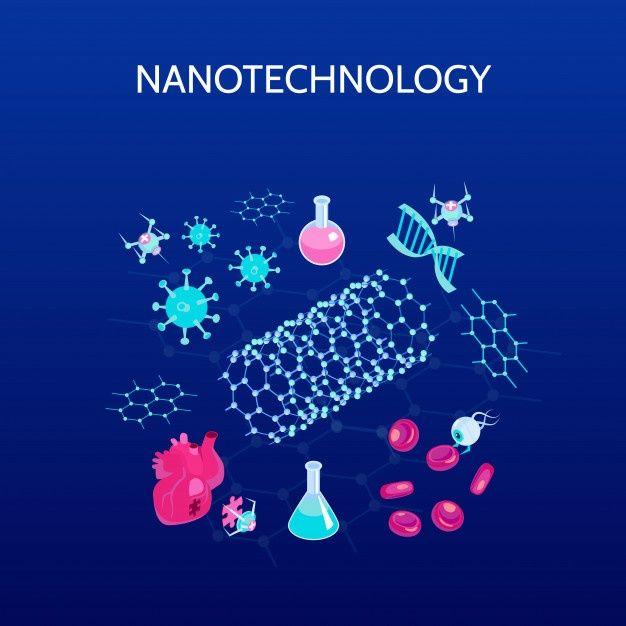

areeba siddiqui
Class of 2026Dubai, UAE
About
My name is Areeba, and I am a 15-year-old sixth form student currently based in the UAE. I have a strong passion for mathematics and science. In addition to my academic pursuits, I have a keen interest in research, which recently led me to conduct a literature review on nanotechnology in the degradation of microplastics. I believe that sustainability and nanotechnology are pivotal to our future, and I am excited to explore their potential to address environmental challenges.Projects
- How effective are enzyme-coated nanobots in degrading polyethylene terephthalate (PET) in marine environments? with mentor David (Sept. 16, 2024)
Project Portfolio
How effective are enzyme-coated nanobots in degrading polyethylene terephthalate (PET) in marine environments?
Started Apr. 24, 2024

Abstract or project description
Marine plastic pollution, particularly the accumulation of microplastics, poses significant threats to ecosystems and human health. Polyethylene terephthalate (PET), commonly found in packaging, is a major contributor to marine debris due to its persistence in the environment. Enzyme-coated nanobots have emerged as a novel solution for addressing this issue. These nanobots use enzymes to break down PET into its monomeric constituents. This review examines the effectiveness of enzyme-coated nanobots in degrading PET, exploring various enzyme types, including PETase, cutinase, lipase, and carboxylesterase. The propulsion mechanisms of these nanobots, environmental factors that affect these enzymes, and biodegradation pathways of PET are analyzed to determine the viability of these solutions for marine PET degradation. While promising results have been observed, significant challenges remain, including the stability, scalability, and environmental impacts of these enzyme-coated nanobots. Further research is required to optimize their use in marine environments.